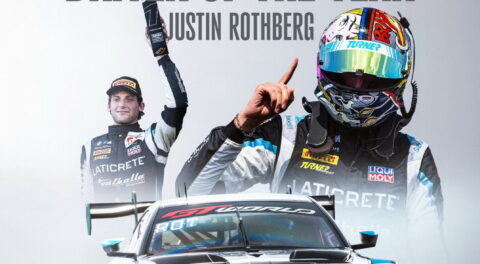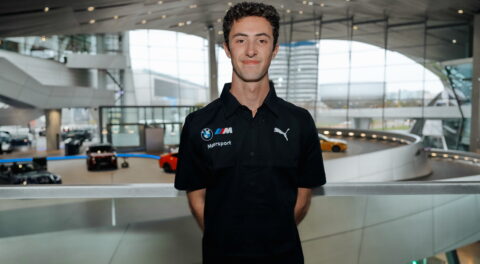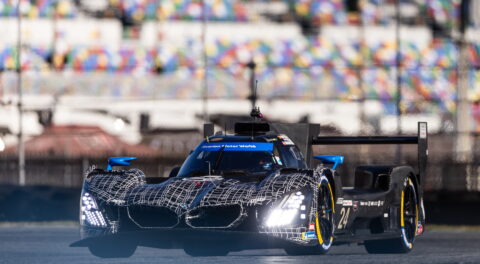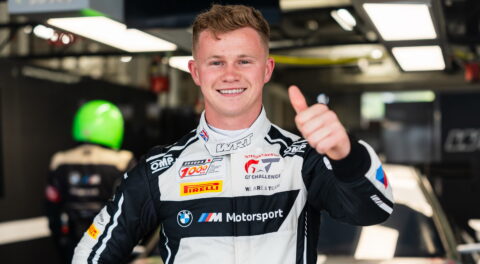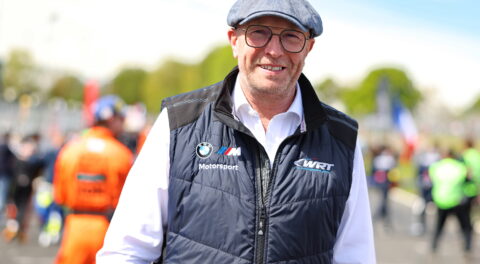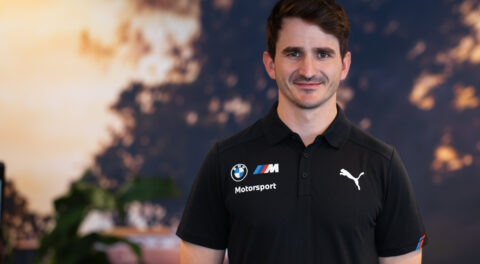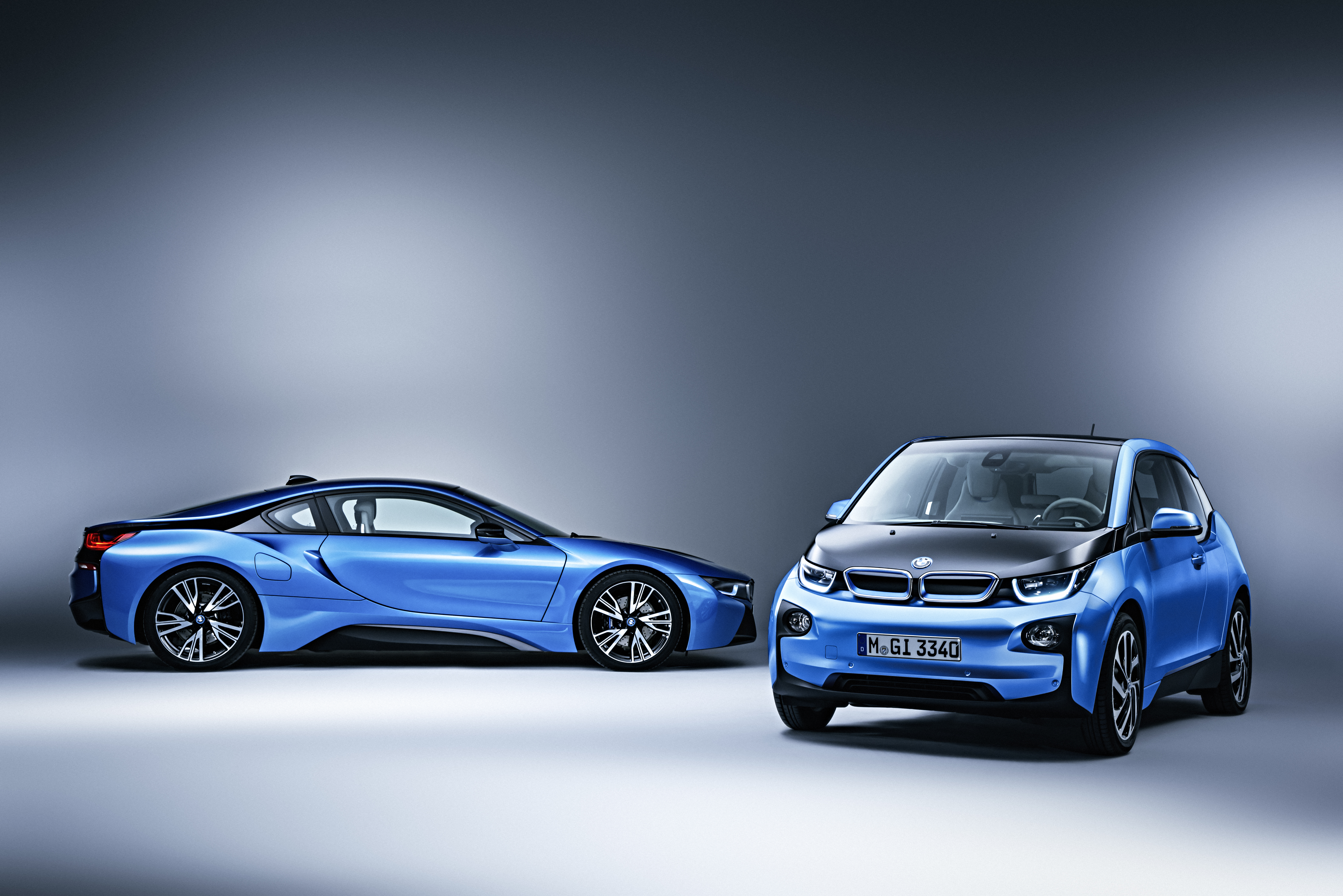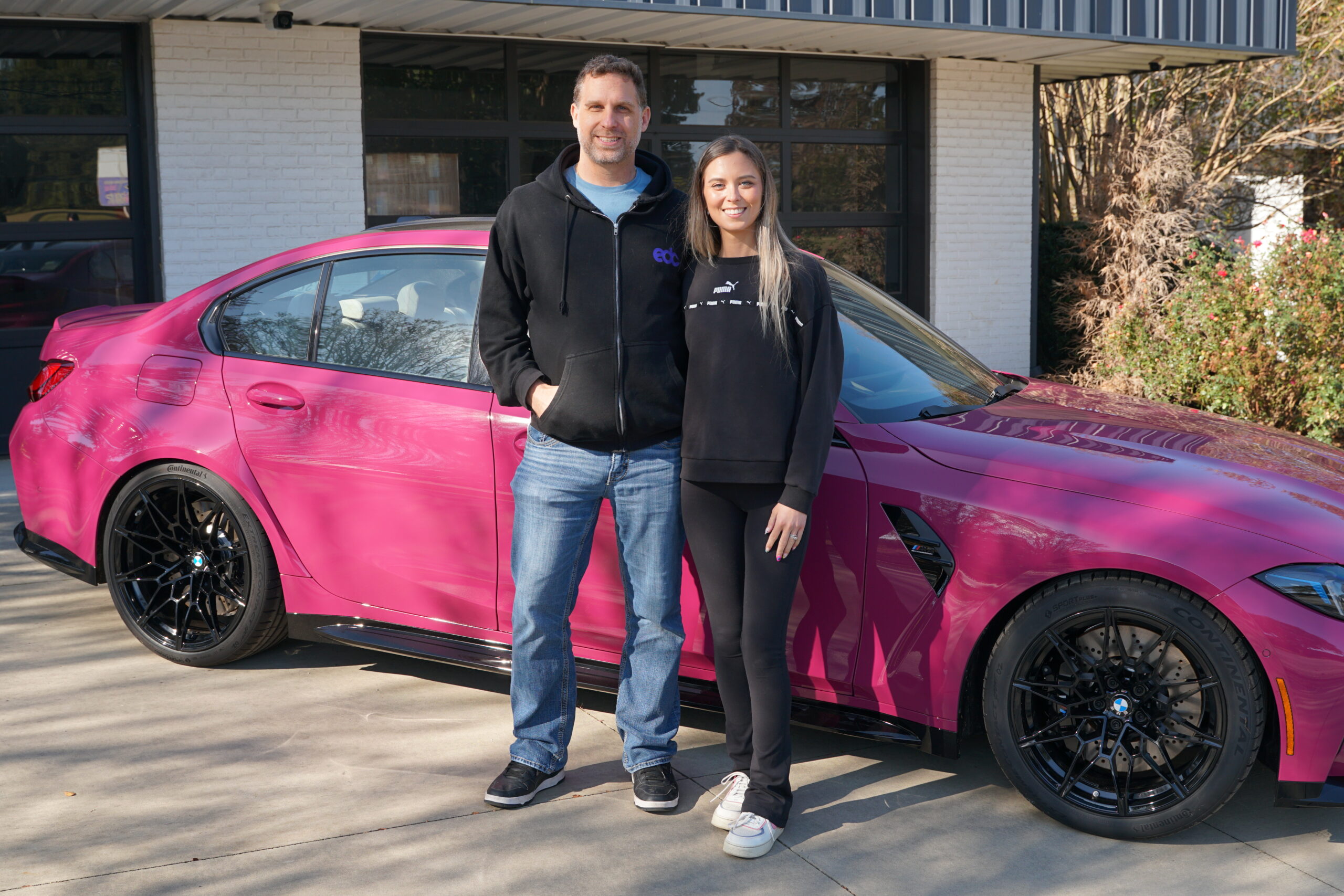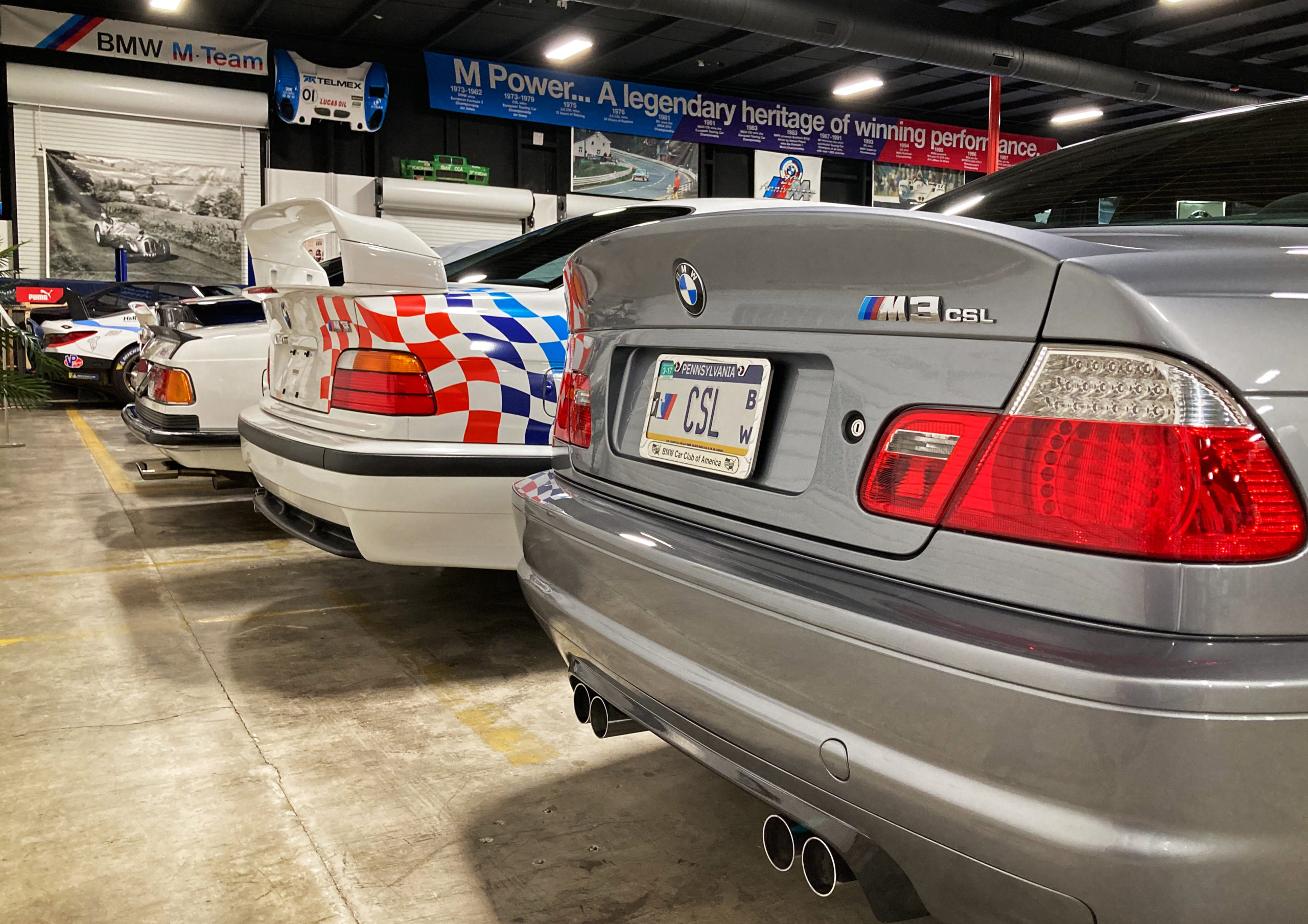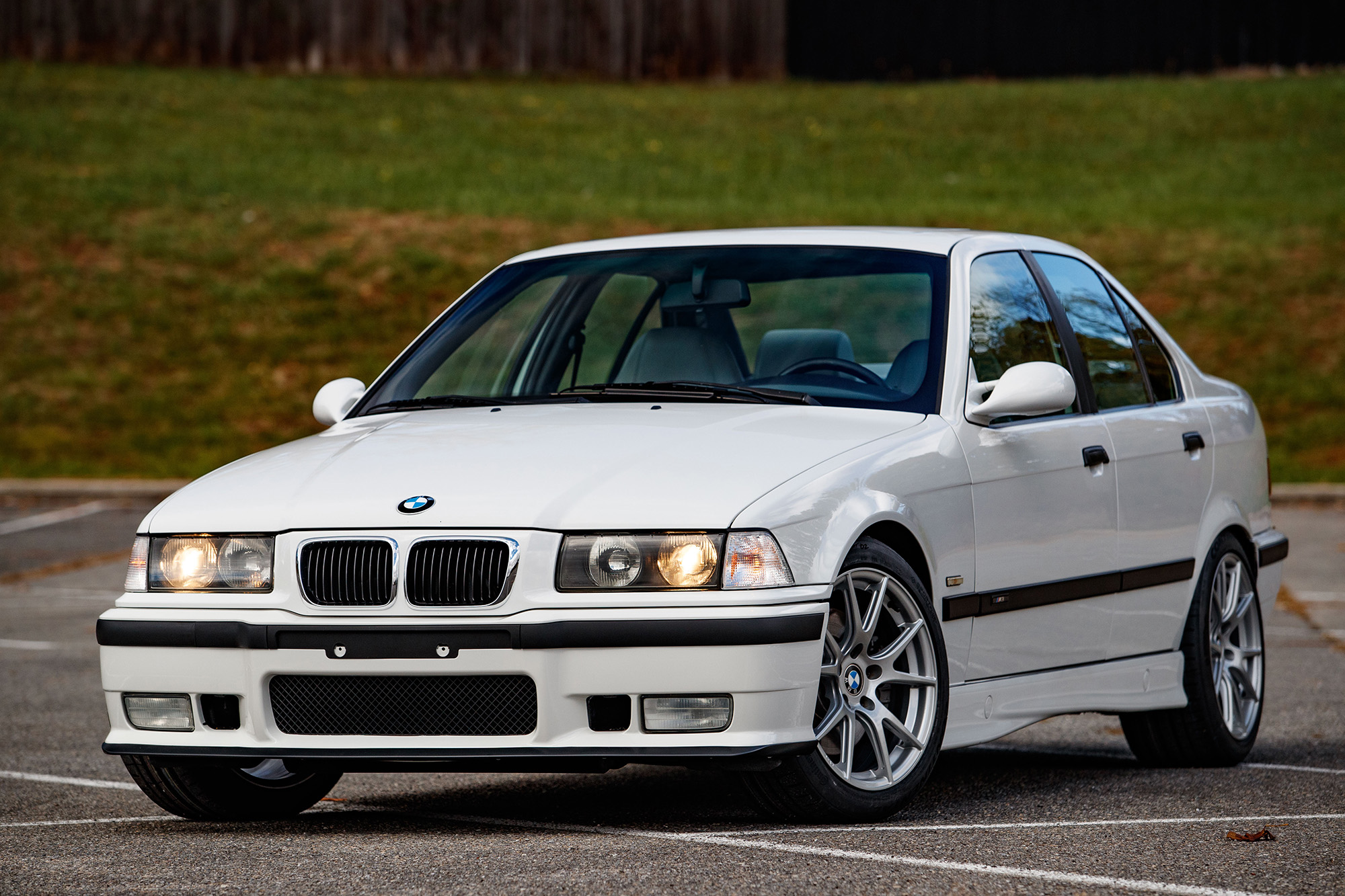BMW’s venture capital arm, BMW i Ventures, has committed series B funding to Lilac Solutions, a U.S.-based startup focused on the efficient and sustainable extraction of lithium. The news comes roughly six months after BMW announced that it would be sourcing sustainable lithium for vehicle batteries from South America via U.S. supplier Livent. BMW’s contract with Livent is valued at over $335,000,000, and would see sustainable lithium delivered to BMW’s battery suppliers by 2022. The series B funding round for Lilac Solutions is valued at $150,000,000, and comes from firms such as SK Materials, Presidio Ventures (part of Sumitomo), MCJ Collective, and Earthshot Ventures, in addition to BMW i Ventures.
“Innovative technologies provide better, more sustainable, and more efficient access to raw materials. By investing in startups, we are speeding up development of new technologies, stimulating competition, and providing impetus that will make it easier for young companies to access the market,” said Wolfgang Obermaier, senior vice president of indirect goods and services, raw materials, production partners at the BMW Group. “By investing in Lilac Solutions, we are supporting technological progress in the field of lithium extraction, with a focus on responsible and sustainable methods.”

Lilac Solutions is reported to have developed a new ion-exchange method for the mining of lithium from brine deposits. The method is described as more efficient and cost effective than conventional lithium extraction, and is said to enable Lilac to protect local communities and ecosystems. According to BMW, the technology has already been tested and proven in initial field and pilot tests, and is gearing up to be proven for industrial-scale use. The extraction method is said to have the potential for extracting lithium from brine found all over the world, and can also work with low-lithium brines.

As one of the most sustainable companies on earth, and the most sustainable automaker according to Dow Jones research, BMW has committed itself to viable and efficient process standards in its supply chain. The auto manufacturer seeks to eliminate infringements upon human rights and environmental guidelines through these practices, which are particularly important for raw materials such as lithium. For lithium specifically, the BMW Group’s purchasing and procurement arm sources the material directly from mines and makes it available to battery cell manufacturers, ensuring complete transparency.—Alex Tock

[Photos courtesy BMW AG.]


